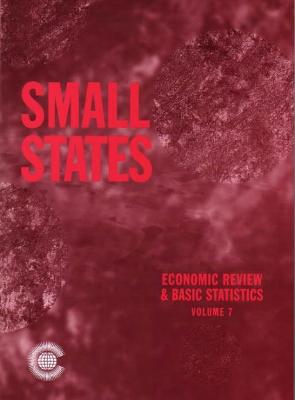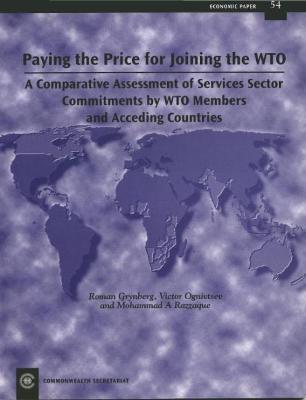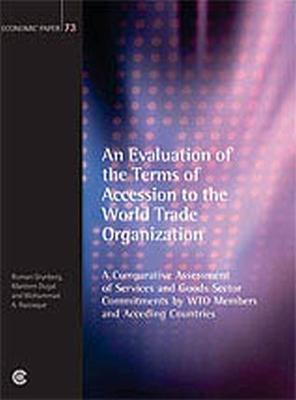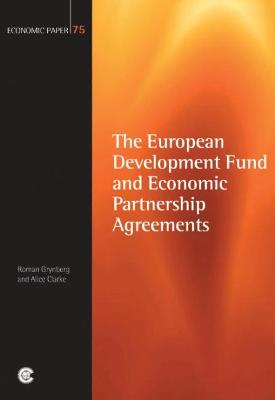Economic Papers
4 primary works
Book 53
Liberalising Labour Mobility Under the GATS
by Professor Alan Winters, Terrie Walmsley, Zhen Kub Wang, and Roman Grynberg
Published 1 January 2002
Developed economies increasingly face a shortage of labour due to an ageing population and an increasingly educated labour force. Consequently, there is a need to fill the gap in the lower end of the labour market as people are more reluctant to fill these positions. This paper analyses the negotiations regarding the temporary movement of workers from developing to developed economies, which are taking place under the auspices of the GATS negotiations. The principal theme underlying the paper is that this movement is mutually beneficent to both economies, and it constructs a model to analyse the effects of easing the restrictions on this movement and the impact such a move would have. It should be of particular use to those involved in formulating policies for employment and immigration in developed and developing countries.
Book 54
Paying the Price for Joining the WTO
by Roman Grynberg, Victor Ognivtsev, and Mohammad A. Razzaque
Published 1 January 2002
Book 73
An Evaluation of the Terms of Accession to the World Trade Organization
by Roman Grynberg, Manleen Dugal, and Mohammad A. Razzaque
Published 1 May 2006
The relevant provisions for accession to the WTO do not provide an adequate legal basis for the process. Its inherent flaws have resulted in demands on acceding countries which are invariably onerous and bear little or no relation to their size, significance or development status. This book uses econometric tools to conduct a comparative assessment of commitments in the goods and services sectors. For the services sector, the authors find that at all three levels of services classification the commitments of post-Uruguay Round acceding countries far exceed those of their WTO member counterparts. In the goods sector, apart from the much greater binding coverage rate, the bound tariff rate for acceding countries is much lower than their WTO member counterparts. The book also provides country specific commitment comparisons after controlling for the level of economic development of the countries. In conclusion, the authors make brief recommendations for reform of the process of accession, in light of the costs incurred by applicant countries in the process.
Book 75
The European Development Fund and Economic Partnership Agreements
by Roman Grynberg and Alice Clarke
Published 1 September 2006
African, Caribbean and Pacific countries face a huge transformation as they attempt to adapt to a more liberalised global market. They have agreed to negotiate Economic Partnership Agreements (EPAs) with the European Union to assist with this adaptation. The European Development Fund is the main instrument of the EU for helping these countries. This Economic Paper argues that despite the commitments about aid made at the 2005 G8 summit in Gleneagles, Scotland, by the EU, the EDF is under-resourced. Moreover, there are serious doubts as to the effectiveness of the fund in providing time-sensitive assistance to ACP states with adjustment. Instead, the contributors propose a separate EPA adjustment facility. If EU countries meet their target aid figures, they could fund both the traditional EDF programmes and an EPA adjustment programme. For economists and international trade specialists concerned with the effects of trade liberalisation on developing economies.



